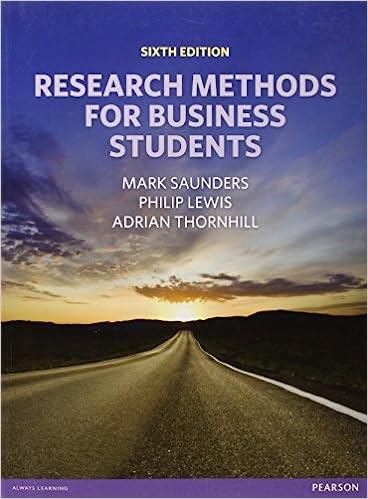Jessica has already obtained statistical, visual and textual material including visual images of employees, and recruitment adverts
Question:
Jessica has already obtained statistical, visual and textual material including visual images of employees, and recruitment adverts (combining text and imagery). What other secondary data could she use for her research?’
First of all, she thought about researching how theme parks manage the emotions of their employees. But this still requires an ‘insider’ perspective, which she doesn’t have. So she thought more about the ‘public face’ of theme parks. What information do these parks present to the outside world?
Jessica thinks again about the analytic concept that first grabbed her attention –
‘emotional labour’. She reflects on whether theme parks might use their recruitment processes to attract certain types of people whom the theme park predict will suit jobs requiring emotional labour. The organisation might also have a publicfacing ‘employer branding’ strategy (e.g. Backhaus and Tikoo 2004) to convey a particular image to potential employees (as well as those already working for the theme park)
which conveys the sort of employee who might ‘fit’ in terms of organisational values and the behaviours and attitudes that entails.
Jessica focuses on the recruitment angle. Although she cannot find any data about precisely how many people are employed in theme parks there are numerous tables that she can download giving numbers of people employed in different parts of the service sector. She finds recruitment websites from theme parks as well as mediating recruitment agencies. There are job adverts, articles about employee development potential and the working culture, visual images showing employees at work and social media uploads showcasing how it feels to work for the recruiting theme parks and how important employees are in creating the ‘magic’ for visitors.
These are all artefacts created by the theme parks or their agents which – as they weren’t originally intended for research purposes – could be useful as secondary data.
Step by Step Answer:






